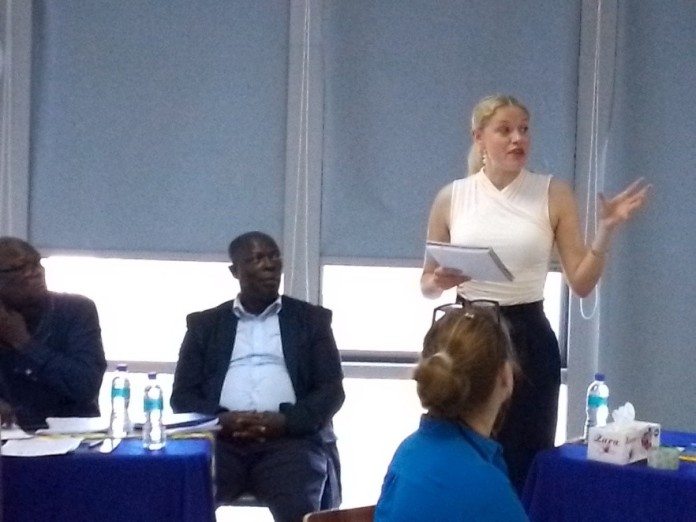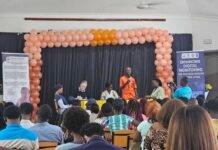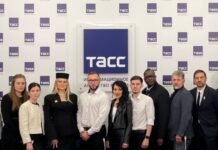By Millicent Senava Mannah
The Sierra Leone Urban Research Centre (SLURC), in collaboration with the University of Gothenburg and the University College London has organized a Stakeholders Workshop on the sustainability of Sand extraction held on the 19th September, 2023 at the Freetown City Council Building on 17 Wallace Johnson Street in Freetown as part of a larger network and knowledge building project on Sand extraction in East and West Africa, funded by the Swedish Research Council.
Giving the overview of the event, the Dr. Joseph M. McCarthy, Executive Director of SLURC intimated that the workshop intends to build insight into the dynamics, challenges and responses to sand extraction in Freetown, drawing from the wealth of knowledge held by stakeholders across the city and surrounding regions.
“Like elsewhere sand in Freetown and its surroundings is extracted from beaches and riverine environments to support the construction of infrastructure across the Western region,” he said adding that while sand is integral to the delivery of critical infrastructure and the securing of livelihoods, reports suggest that the mining of sand has also brought social, economic and environmental challenges that must be addressed.
According to him, the workshop will build on existing work to develop an agenda for further research and discuss policy futures for the city and beyond.
He pointed out that insights from the workshop will also form the basis of more research and collaborations among stakeholders and contribute to the growing global repository of knowledge around sand extraction and its sustainability.
Dr. Kate Dawson of the Department of Geography, University College London, said sand extraction is increasingly recognized as a significant sustainability challenge in the 21st century maintaining that over 50 billion tonnes of sand is used per year and how it is the most used solid material on the planet.
“Sand is a key material in the delivery of critical infrastructure like roads, housing, hospitals and schools, as well as underpinning the livelihoods for many and also plays a strategic role in delivering ecosystem services and safeguarding biodiversity,” she also pointed out.
Kate revealed that the recent United Nations Environment Programme (UNEP) report, “Sand and Sustainability: 10 Strategic Recommendations to Avert a Crisis,” lays out a series of recommendations, which among them, highlights the need for places-based perspectives on this complex challenge.
SLURC was established out of a collaboration with different Universities, in order to increase the quantity and quality of knowledge about informal settlements and urban issues in the country, and to build capacity amongst city stakeholders to enable a better understanding and application of research to practice, advocacy and policy.
Group discussions on specific topics and presentations by various speakers formed the highpoint of the occasion.






